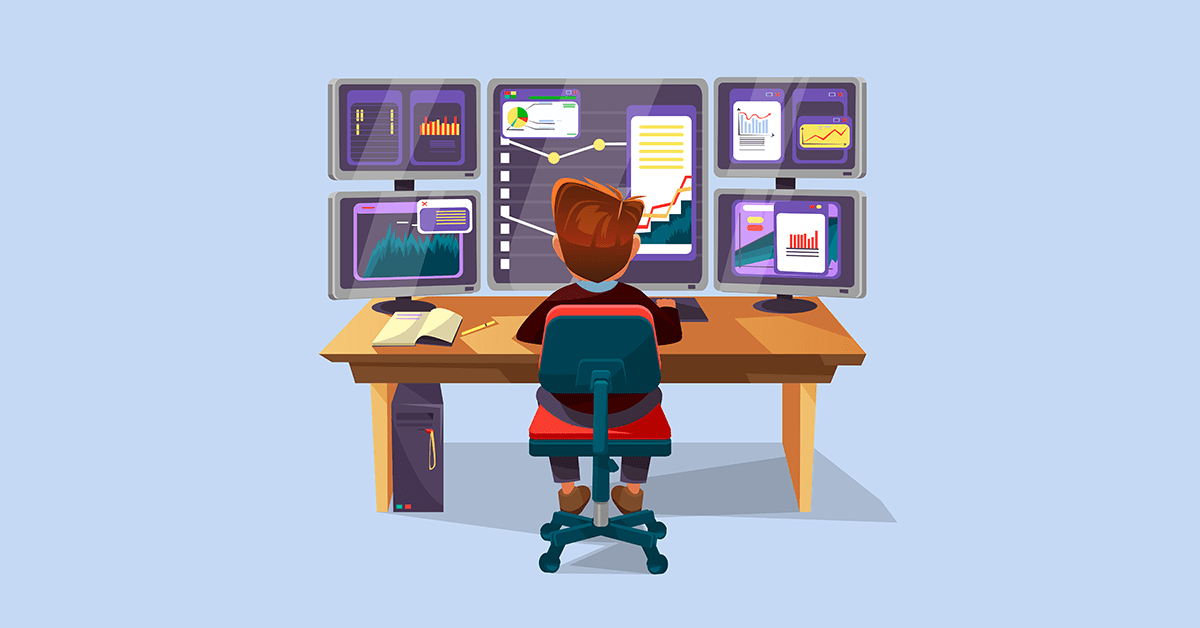
The Secret to Profitable Trading: Why Success in the Market Is 100% Mental
Introduction: It's Not About Strategy—It’s About Psychology
"Profitable trading psychology shows that trading is a 100% mental activity, and while techniques are important, the trader's mindset and emotional control are the real keys to success."
Many people believe that successful trading depends on finding the perfect strategy, the best indicators, or the most accurate signals. But in reality, trading is not about having the most advanced tools—it’s about having the strongest mindset.
While trading techniques are relatively easy to learn, consistently applying them is where most traders fail. Why? Because trading is 100% a mental game.

The Illusion of Simplicity in Trading
Unlike other professional skills that require years of practice to master—such as painting, surgery, or architecture—most trading strategies can be learned in weeks. Charts, candlesticks, moving averages, and support/resistance are not rocket science.
So why do most traders still lose money?
Because the market doesn’t test your technical knowledge—it tests your emotional resilience.
How the Mind Shapes Trading Success
Let’s say a trader knows how to use stop-loss orders, manage risk, and stick to a plan. Yet, in real-market conditions, they may fail to follow through. For example, they might ignore their stop-loss in the stock market but follow it strictly in Forex. The difference? Psychological pressure.
Trading triggers deep emotional patterns like fear, greed, frustration, and the desire to prove oneself. The market becomes a mirror, reflecting unresolved internal conflicts.
Key Psychological Challenges Traders Face
1. Emotional Control
Knowing where to enter or exit a trade is easy. Sticking to that plan when the market moves against you? That’s hard. Emotional reactions like fear of loss or greed for more profit often override logic.
2. Lack of Discipline
Impatience is the silent killer of trading success. Many traders jump into trades without waiting for proper setups. True discipline means waiting, watching, and staying calm even when opportunities seem to pass by.
3. Self-Doubt and Overthinking
Even seasoned traders experience doubt. They second-guess their strategy, change setups mid-trade, or chase trends out of fear of missing out. Without self-trust, every decision becomes a mental battle.
4. Trading to Compensate for Life’s Shortcomings
Many traders subconsciously project personal frustrations into the market—whether it’s a desire for freedom, validation, or control. This emotional baggage turns trading into a coping mechanism rather than a professional activity.
The Solitude of Trading: A Mental Minefield
In most jobs, mistakes lead to external consequences—disapproval from a boss, feedback from colleagues, or formal evaluations. But trading is a solitary pursuit. You make your decisions. You face your consequences. Alone.
This lack of external accountability opens the door for mental self-sabotage. Without realizing it, traders may:
- Overtrade to “feel productive”
- Break rules because no one is watching
- Try to “revenge trade” to fix emotional pain
The Mind’s Resistance to Self-Awareness
In physical health, people seek help when something goes wrong. But when it comes to mental and emotional health—especially in trading—many resist the idea of getting psychological support.
Thoughts like “I’m not crazy” or “I can fix it myself” prevent traders from addressing the root causes of their failure. But unresolved issues—like childhood trauma, fear of failure, or feelings of inadequacy—can silently drive poor trading behavior.
Most Trading Problems Are Psychological
Here’s the hard truth:
Nearly 100% of consistent trading problems stem from the mind, not the market. Even the best strategy fails if the mind isn’t trained to follow it.
Here are some common manifestations of psychological challenges in trading:
- Anxiety: Leads to impulsive trades or abandoning good setups
- FOMO (Fear of Missing Out): Pushes traders into bad entries
- Overcompensation: Using trading to ‘win’ at life or prove self-worth
- Emotional Projection: Making the market responsible for inner voids
How the Trading Mindset Affects Your Profits
If you want to become a profitable trader, stop searching for the holy grail of strategy. Instead, turn inward. The real edge in trading is emotional discipline, self-awareness, and mental resilience.
You don’t need to learn more—you need to apply better. And that means training your mind to handle the uncertainty, solitude, and intensity of the trading world.
The trader’s greatest weapon is not their strategy—it’s their state of mind.























































































